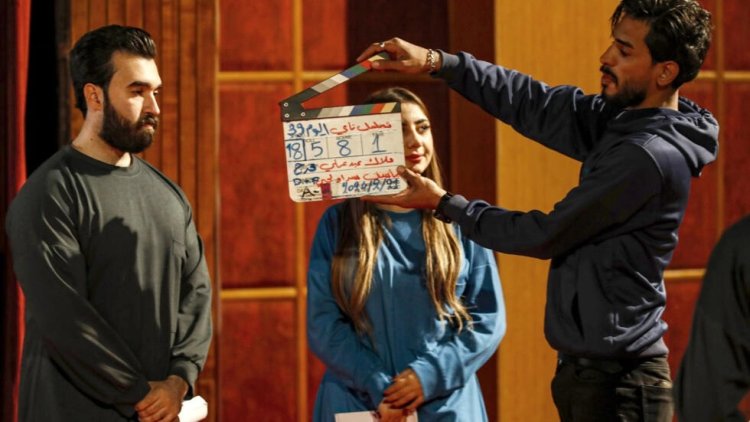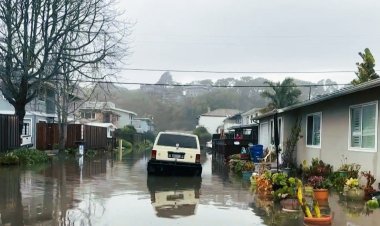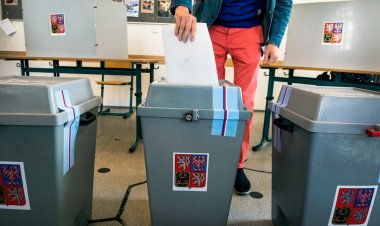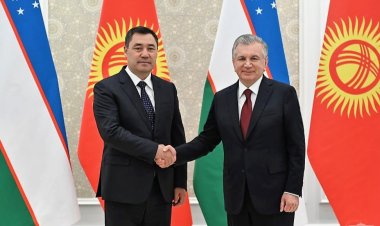Revived Iraqi Show Tackles Social Issues

Television viewership in the Middle East traditionally peaks during the Muslim holy month of Ramadan, when the faithful tune in to their favorite shows after breaking their daily fast at sunset.
This Ramadan, a revived "Wahiba's World" is one of several Iraqi shows focusing on social issues such as drug addiction, crime, divorce and unemployment.
Iraqis have suffered through decades of turmoil since the Iran-Iraq War in the 1980s and former dictator Saddam's invasion of Kuwait in 1990, which triggered harsh economic sanctions.
They were followed by a US-led invasion in 2003, civil war, sectarian violence and the jihadist proto-state of the Islamic State group, which was only defeated in late 2017.
The oil-rich country of 43 million, still recovering from those conflicts, is now plagued by endemic corruption and clientelism, a weak economy, poor public services and high unemployment.
It delves into "issues troubling our society as a consequence of war and chaos," the programme's director Samer Hikmat said.
Iraq, traditionally mainly a transit country for drugs, has faced an explosion in narcotics use in recent years, mainly of the amphetamine-like stimulant captagon and crystal meth.
The first series of "Wahiba's World", released in 1997, told the story of Wahiba, a nurse who makes every effort to help her neighbors amid the crippling international sanctions that plunged many Iraqis into poverty and crime.
Seventeen minutes into the broadcast of the first episode, authorities banned the programme, fearing it could incite people against the regime.
A year later, the show received a regional prize and authorities allowed it to be aired, but only at midday, considered a dead time slot.
Despite these efforts, Iraq's worn-out entertainment industry is still far from gaining recognition in a region where Syrian and Egyptian programmes have long held the top spot.















